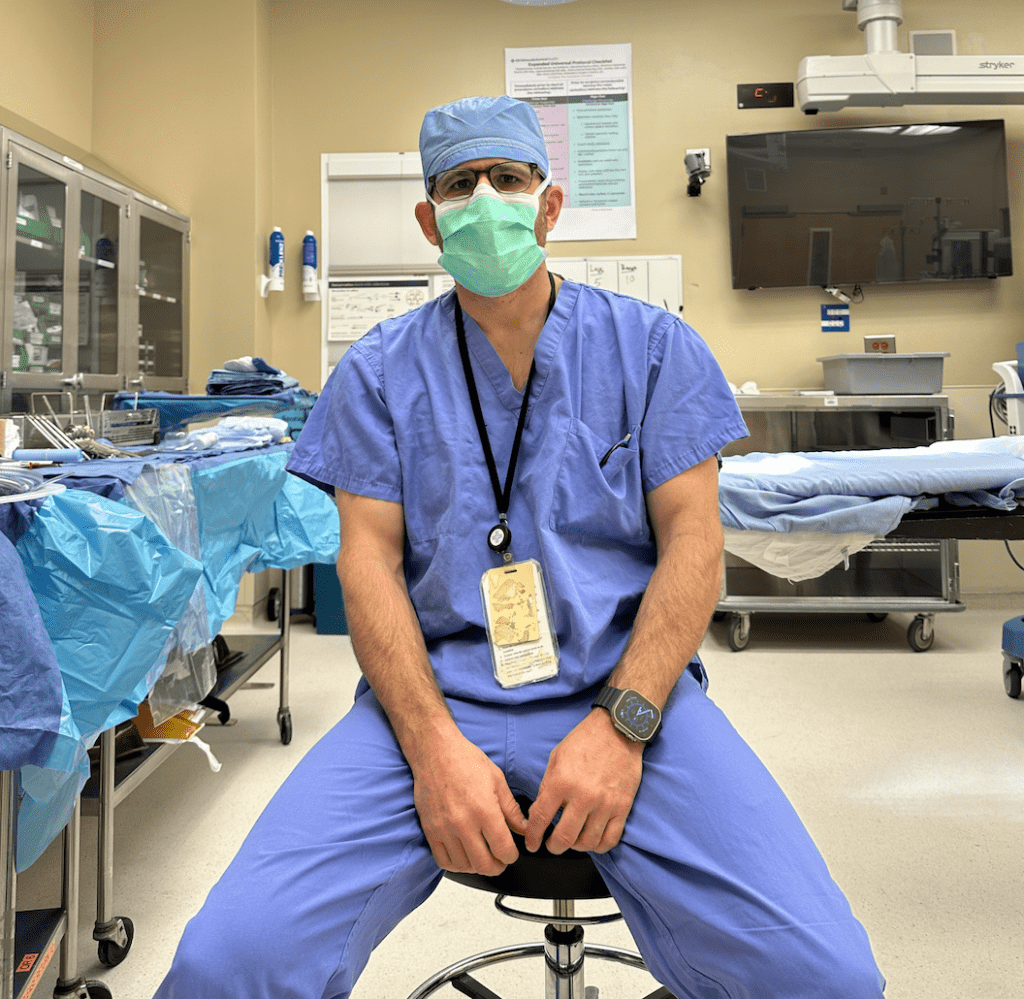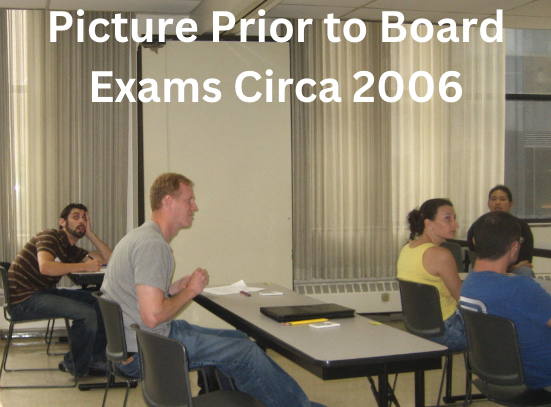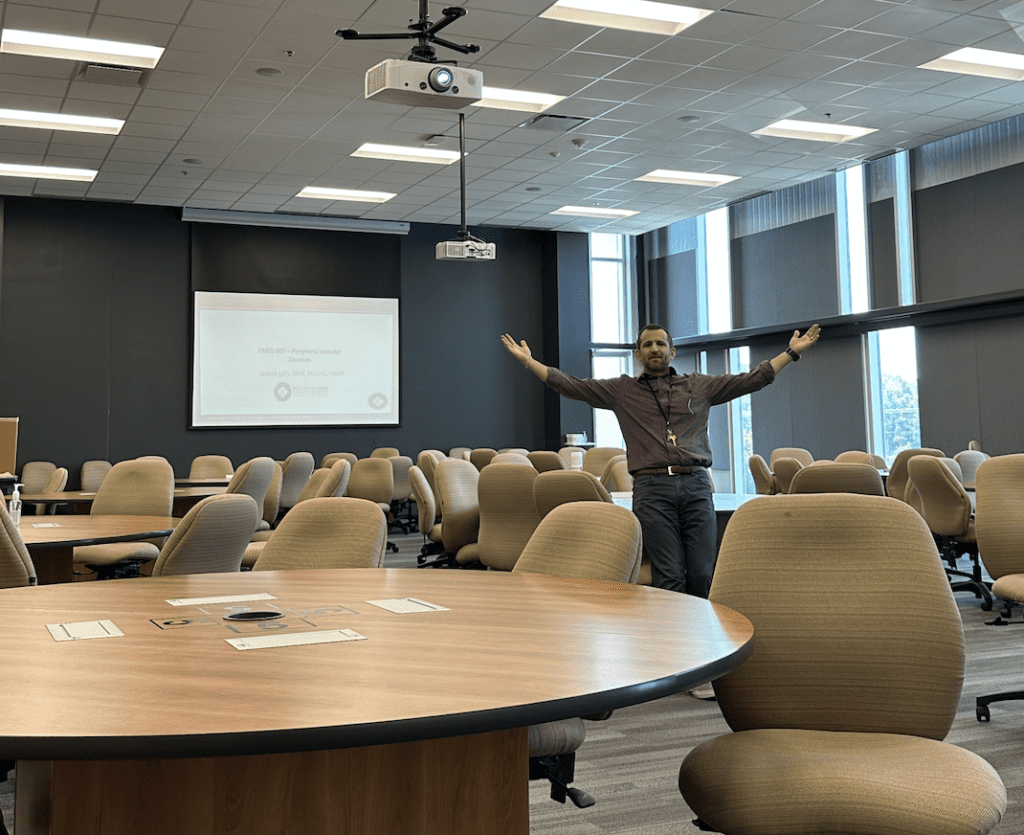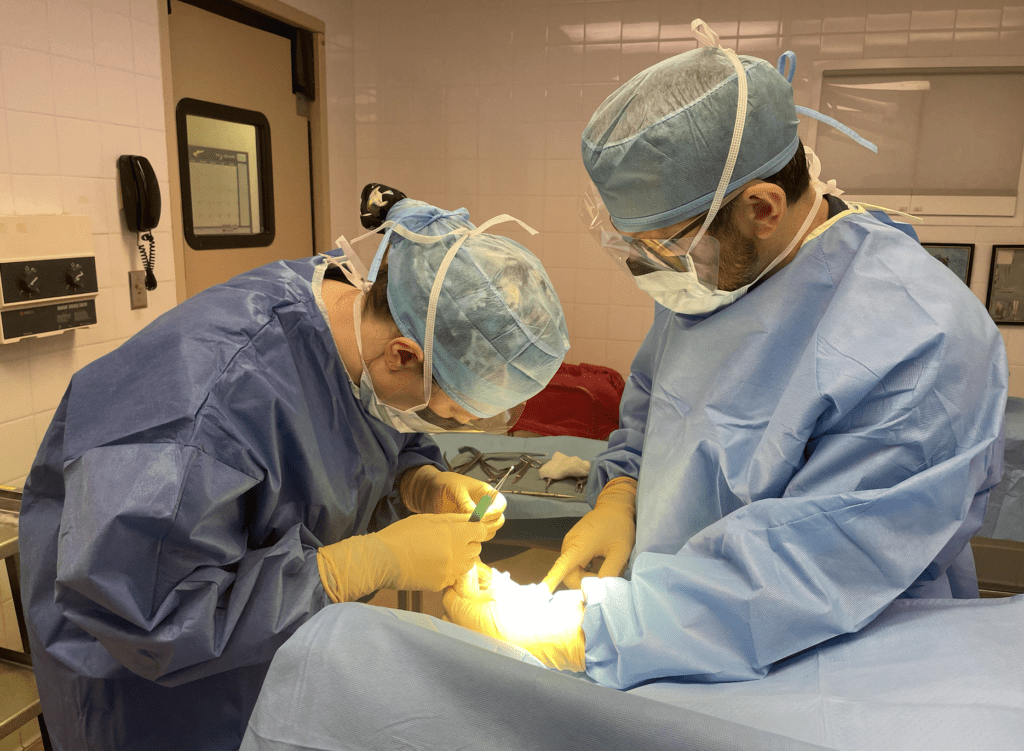In the intricate bond between healthcare providers and patients, trust is the thread that weaves the fabric of a healthy doctor-patient relationship. It is a potent element that can make or break the efficacy of the medical care provided. As healthcare professionals, we are entrusted with the well-being of our patients, and it is our moral obligation to nurture and preserve this sacred bond that is built on trust.
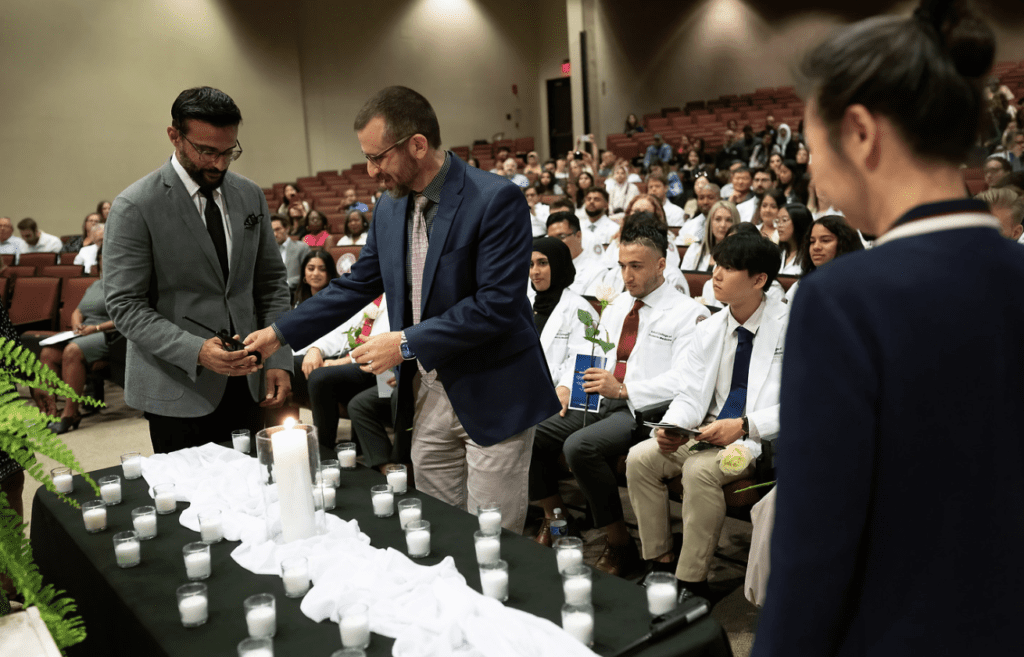

Whether in the operating room or in the clinic, many healthcare professionals and students alike tell me “Dr. Jaffe, you have the nicest patients”. While this may be true, I also like to believe that my patients’ kindness has much to do with how they’re treated…with the highest level of respect, empathy, and professionalism.
The Foundation of Healing
Trust is the cornerstone of any successful doctor-patient relationship. When a patient walks through the doors of a medical facility, they are not just seeking a diagnosis or a prescription; they are placing their faith in the expertise, compassion, and ethical standards of their healthcare provider. This foundation of trust is the bedrock upon which healing can occur.
Vulnerability and Open Communication
Patients are often in vulnerable positions, grappling with physical or emotional pain, uncertainty, and fear. In these moments, their trust in healthcare professionals becomes a lifeline. It is crucial to recognize and appreciate the weight of this vulnerability and respond with empathy and understanding.
Open communication is the bridge that connects patients and healthcare providers. Taking the time to listen, explain procedures, and answer questions not only fosters a sense of transparency but also empowers patients to actively participate in their own care. When patients feel heard and understood, trust deepens, paving the way for a more collaborative and effective treatment journey. It’s always important to speak in terms that patients can understand! Good bedside manner goes a long way in earning and maintaining a patient’s trust.
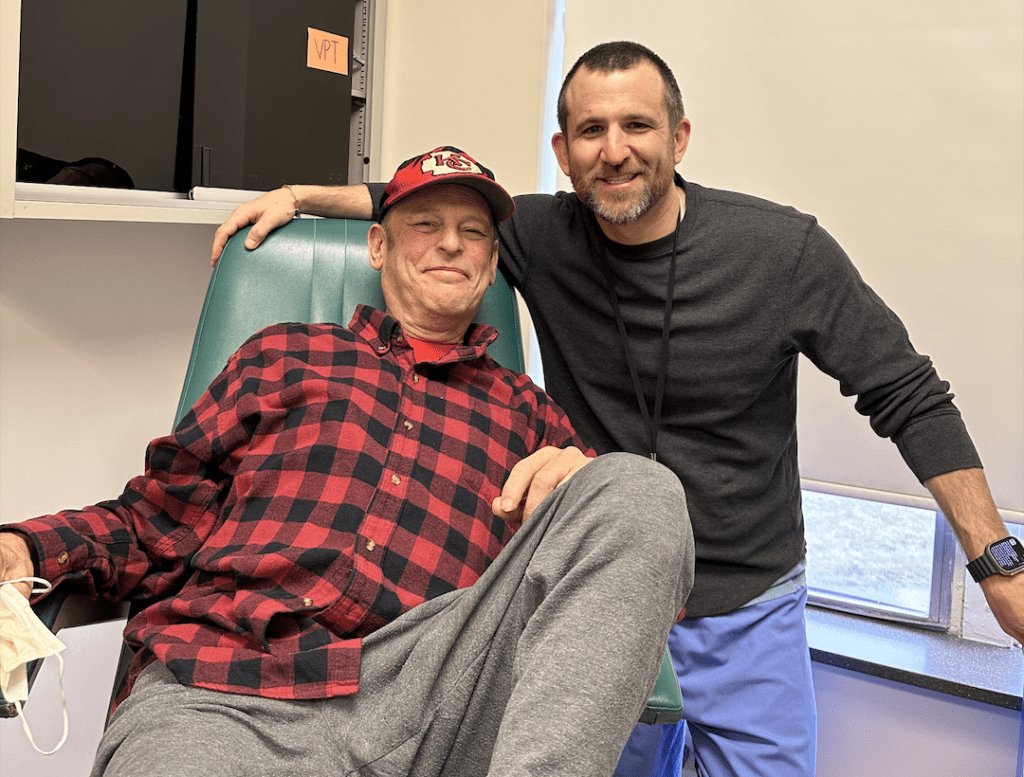

The Impact of Trust on Treatment Adherence
Trust is not a one-time exchange; it is an ongoing commitment. As patients navigate treatment plans, medication regimens, and lifestyle changes, the trust they place in their healthcare provider plays a pivotal role in their adherence to recommendations. Patients are more likely to follow through with prescribed therapies when they believe in the competence and sincerity of their healthcare team.
The Human Element in Medicine
In the age of advancing technology and specialized medicine, it is essential not to lose sight of the human element in healthcare. Patients are not just a collection of symptoms, but individuals with unique experiences, fears, and hopes. Acknowledging and respecting the humanity of each patient reinforces the trust they have placed in their healthcare provider. Remember that what may seem like a minor health problem or procedure to you, could be a major source of concern and anxiety for the patient.
Consequences of Trust Erosion
When trust is taken for granted or eroded, the consequences can be severe. Patients may become reticent to share important information, leading to incomplete medical histories and misdiagnoses. Additionally, a breakdown in trust can result in non-compliance with treatment plans, exacerbating health issues and eroding the effectiveness of care.
Fostering Trust: A Shared Responsibility to Enhance the Doctor-Patient Relationship
Fostering trust is not solely the responsibility of healthcare providers; it is a shared endeavor. Patients must be active participants in their care, while healthcare professionals must continually strive to uphold the highest standards of ethics, empathy, and professionalism.
Conclusion
In the realm of healthcare, trust is a currency more valuable than gold. It is a delicate yet resilient force that has the power to transform the patient experience and outcomes. As healthcare providers, we must never underestimate the significance of the trust bestowed upon us by our patients. By approaching our roles with humility, empathy, and a commitment to open communication, we can ensure that the sacred bond between healthcare providers and patients remains unbroken, fostering an environment where healing can truly flourish.
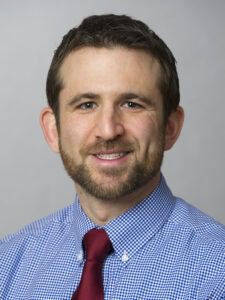

Leland Jaffe DPM, FACFAS
Associate Professor at Rosalind Franklin University of Medicine and Science
North Chicago, IL

